


Evangelical churches across the country have gathered "to pray that God will protect and bring peace to both sides", the Evangelical Alliance of Israel says.
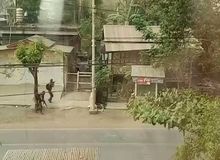
The danger to the Christian community has increased after the coup in February. Churches keep serving their neighbours and sharing the gospel.

It will allow users to ask for and respond prayers. “We are committed to build tools that help people connect to hope”, says the Facebook head of Global Faith Partnerships.

The General Secretary of the Evangelical Fellowship of India (EFI) analyses the tragic situation caused by the new Covid-19 wave. He calls on believers worldwide to pray for India and its churches.

A survey finds that 64% of young people in Germany believe in God and 84% have prayed at least once.
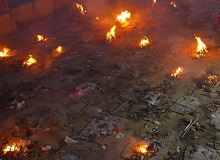
“Church leaders, pastors and congregation members are taken away forever from the midst of us. Our hearts are totally broken”, writes an evagelical leader. Thousands die without access to hospitals.
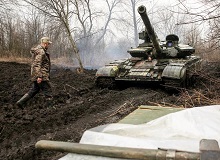
The Russian Evangelical Alliance calls to “restore the peaceful relations between the peoples of both countries”. Churches in Ukraine encouraged to “pray and fast for the peace in our land”.
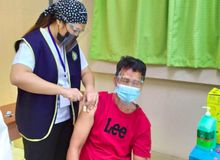
The Council of Evangelical Churches denounces the use of “biblical end-time themes” to “incite fear and panic”, and asks its members to “consult only reliable sources”.
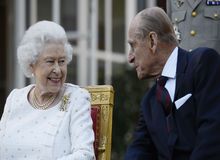
Prince Philip died at the age of 99. “He was extremely interested in theology”. Many religious leaders showed their condolences and highlighted his faith.
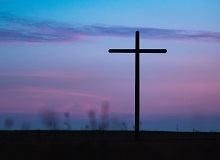
It is on the cross that the character of Christ reaches its greatest splendour. During the hours of deepest darkness, his words shine like radiant gold.

Churches in the region have launched a campaign with posters featuring John 3:16 and the slogan: “You are the passion of Christ”.

The country of Martin Luther continues to print Bibles in all shapes and sizes.

Imagine this Easter if Christians gave generous gifts that pointed to the difference Easter can make in our lives.
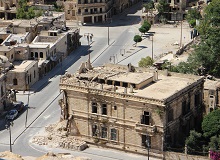
Sanctions on Syria serve to freeze the situation until the conditions for a political solution are available and attainable. But how long should we wait for this? Ten more years? In the meantime, the Syrian population – including Christians – are paying too heavy a price.
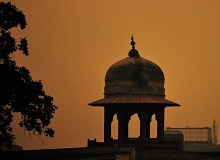
A large number of Islamist lawyers swarmed the courtroom during a hearing, an intimidation tactic designed to obtain convictions and harsh sentences.
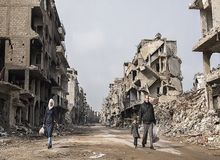
Evangelical leaders from the Middle East and North Africa analyse the impact of the uprisings that began in 2010, and the current situation.
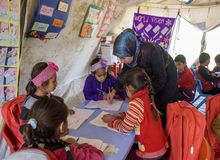
Over 55,000 children have been killed in the Syrian war. A report estimates that the cost of the war is already over US$ 1.2 trillion.
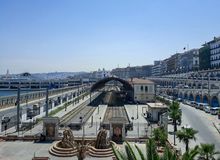
In a written statement to the UN Human Rights Council, the WEA also addresses the deteriorating environment for religious minorities in India and the incitement to violence of anti-conversion laws.

A post-Christmas reflection on Arab Christianity and the challenge of presence.
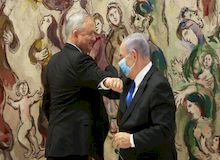
New elections are due to be held on 23 March. “It is not so much a division over political ideologies but a referendum on Netanyahu's leadership”, Israeli evangelicals say.

Having the right to free speech does not mean you can use it without responsibility.
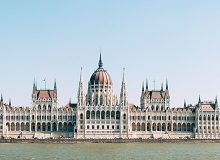
LGBT groups speak of a “dark” moment for human rights, but evangelicals see it as a “protection” for families and children.

If we care, we will preserve the dignity of those on the receiving end of our mission efforts. We will refrain from using them as objects in the quest to defend and promote our church or our idea.

The Hungarian Evangelical Alliance works to have a “balanced” and “independent” approach to society, says Istvan Horvath. Western European countries should not impose their worldview on the country.
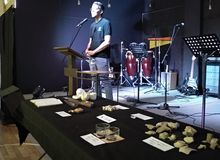
Biblical archaeology does not seek to prove or disprove the content of the Bible, but to describe the historical framework in which the biblical books were formed.

Las opiniones vertidas por nuestros colaboradores se realizan a nivel personal, pudiendo coincidir o no con la postura de la dirección de Protestante Digital.